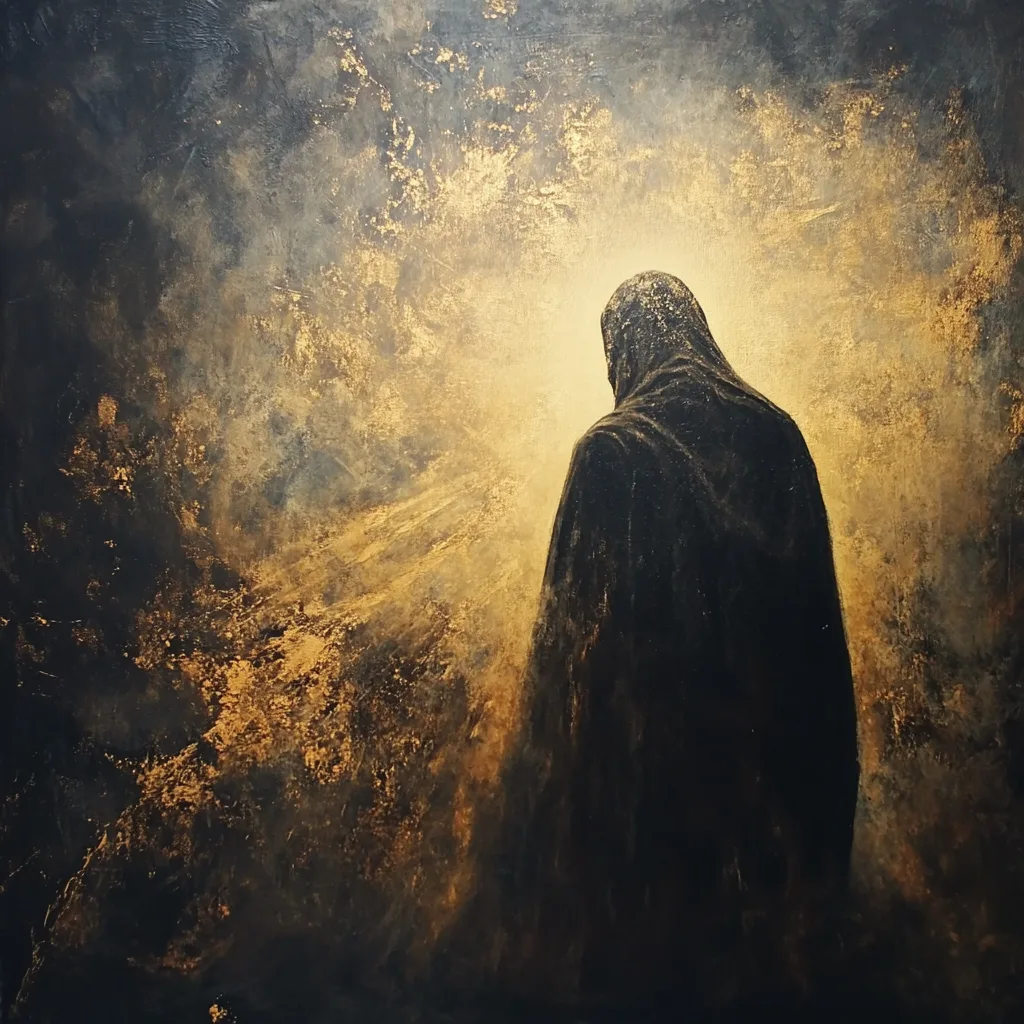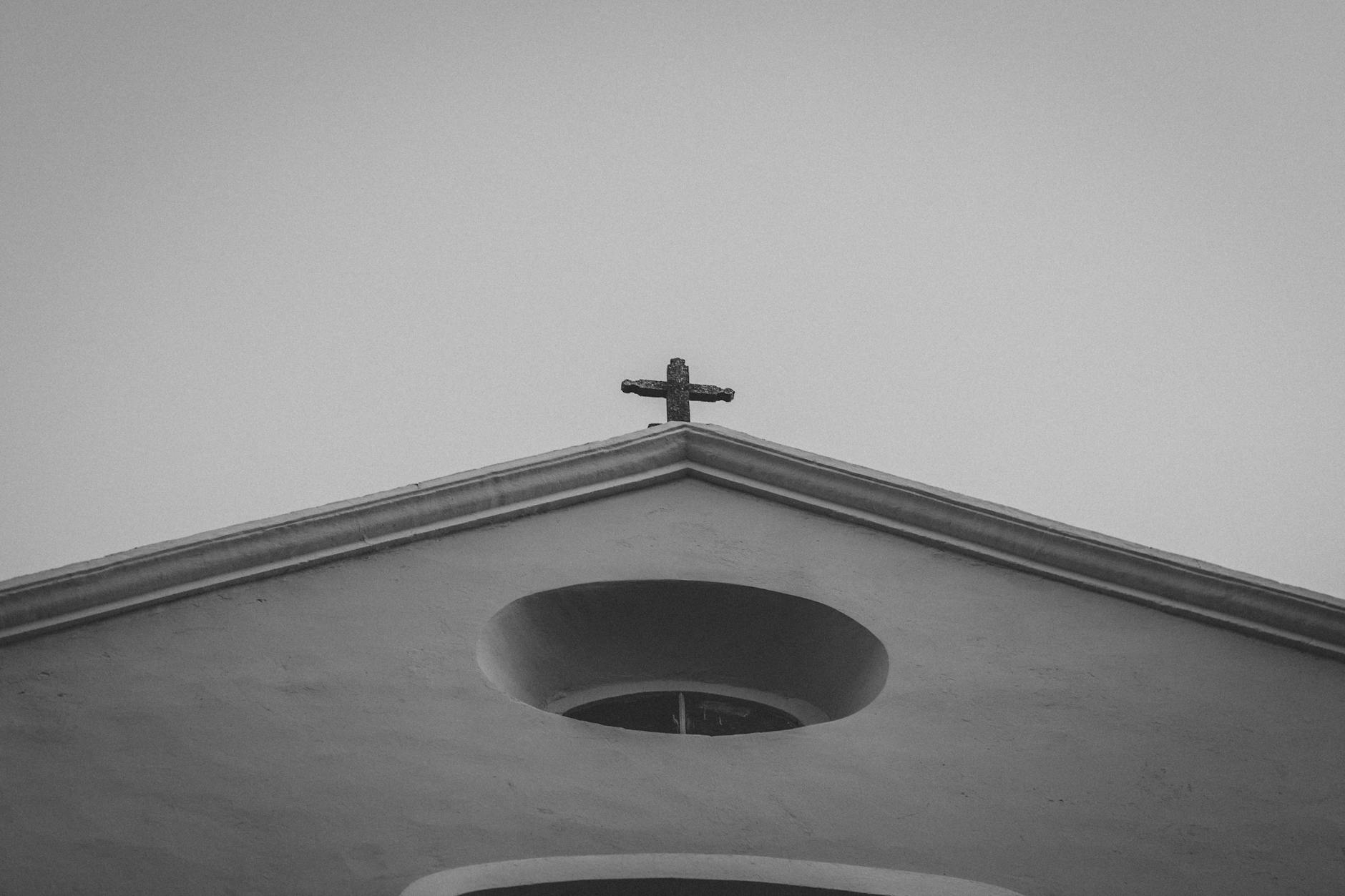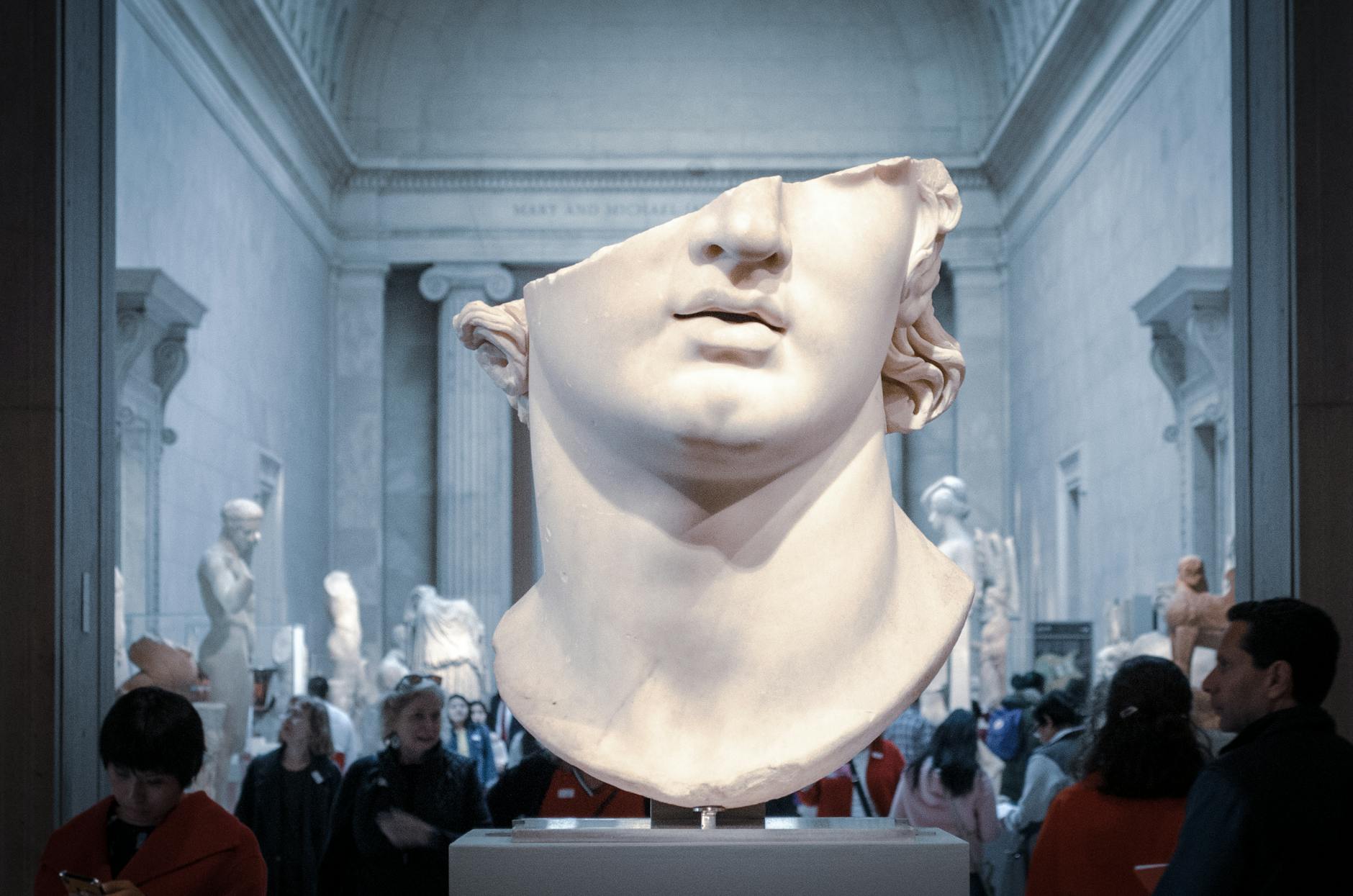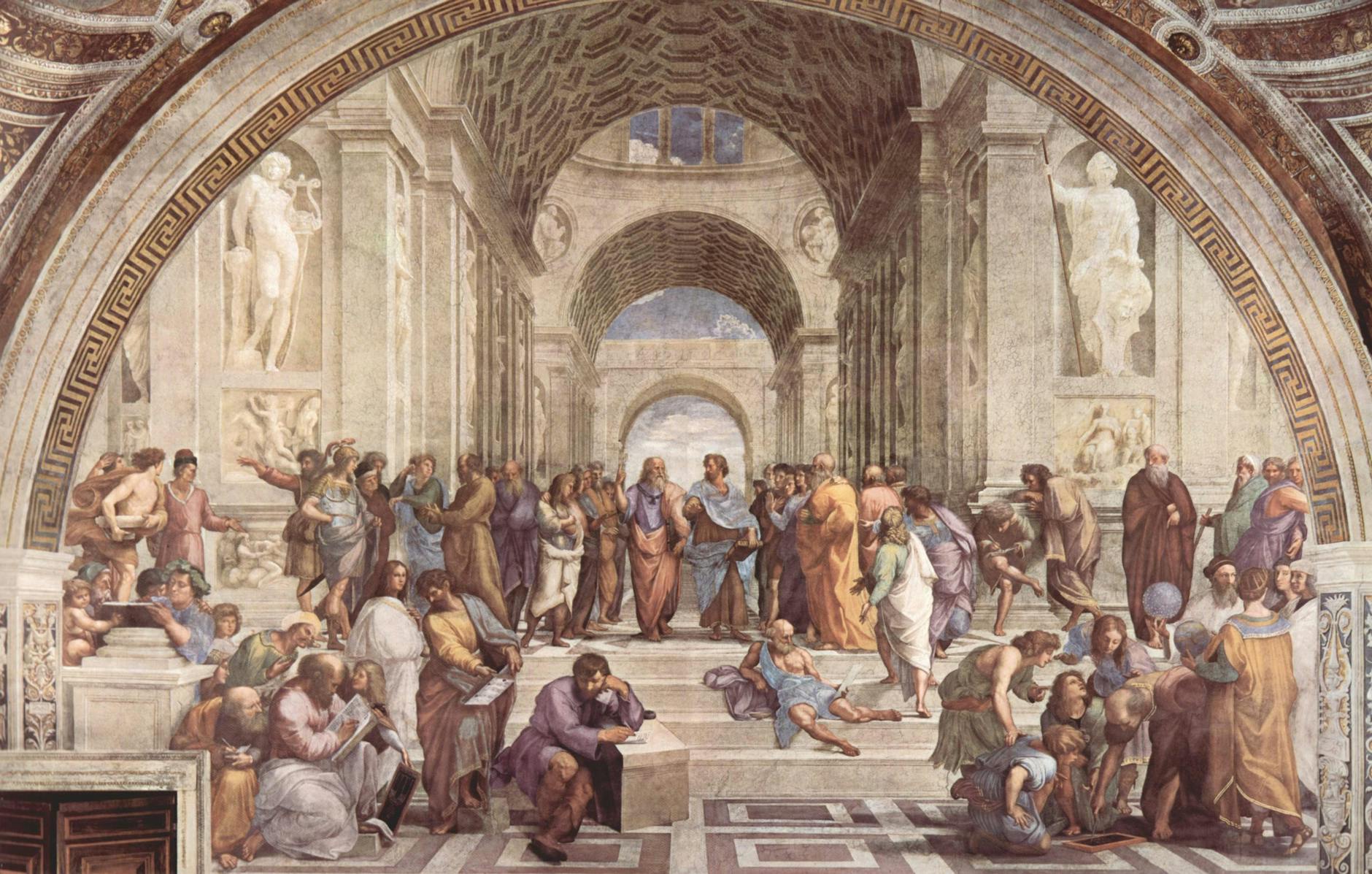Category: quote
We go out from the known into the unknown, we advance from light into darkness. We do not simply proceed from the darkness of ignorance into the light of knowledge, but we go forward from the light of partial knowledge into a greater knowledge which is so much more profound that it can only be…
God, who knows what crimes ought to be restrained by civil pains, has ordained that the violation of this day (Sabbath) is of that character [that] such restraints can be imposed by the civil government only. James R. Willson, “The Sabbath and Civil Government”
Of what was it to be loved and lose one’s beauty and become Real if it all ended like this? -The Velveteen Rabbit
We have not been made gods from the beginning, but at first merely men, then at length gods; although God has adopted this course out of His pure benevolence. -Irenaeus, Against Heresies
“But before the foundation of the world were we, who, because destined to be in Him, pre-existed in the eye of God before, —we the rational creatures of the Word of God, on whose account we date from the beginning; for ‘in the beginning was the Word.’” -Clement of Alexandria, Exhortation to the Heathen
He has acknowledged the cup…as His own blood, from which He bedews our blood; and the bread…He has established as His own body, from which He gives increase to our own bodies. -Irenaeus, Against Heresies Again, as a Protestant, don’t know what to think of this.
“More senseless than stones is a man who is steeped in ignorance.” -Clement of Alexandria, Exhortation to the Heathen
ALTHOUGH HE IS TO US IN THIS LIFE INVISIBLE AND INCOMPREHENSIBLE NEVERTHELESS HE IS NOT UNKNOWN. -Irenaues, Against Heresies
According to nature…we are all sons of God, because we have all been created by God. But with respect to obedience and doctrine we are not all the sons of God: those only are so who believe in Him and do His will. And those who do not believe, and do not obey His will,…
It doesn’t take long for the experience of the Numinous to unhinge the mind. -Foucault’s Pendulum, by Umberto Eco







